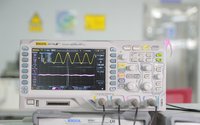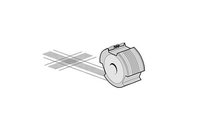How many of the thirteen common electronic product testing and certification do you know?
Date:2021-05-20 13:33:22 Views:4962
Testing certification, testing the specified technical performance indexes of a certain object (gas, liquid and solid) by a specified method. Testing and certification covers a wide range. Each country has its own certification standards, which are applicable to the quality evaluation of various industries. No matter what kind of industry, the electronic household appliances used will face different regulations on the quality and safety certification of electronic products in various countries and regions. The following gives you examples of 13 common electronic product testing and certification related contents for your reference only.
CCC certification - China (mandatory)
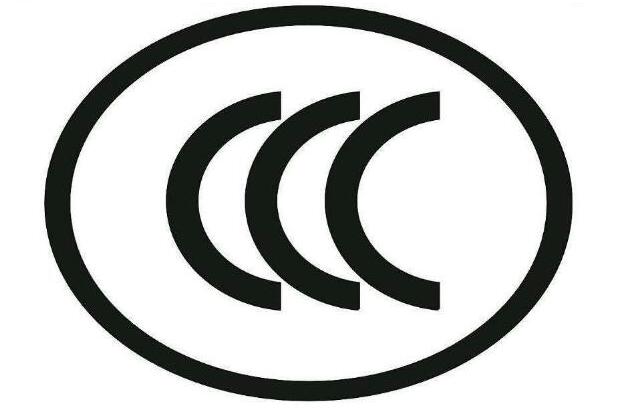
China compulsory product certification was implemented on May 1, 2002. The name of the certification mark is "China Compulsory Certification" (written as "CCC" in English). The products listed in the catalogue of the first batch of products subject to compulsory product certification issued by the General Administration of quality supervision, inspection and quarantine and the state certification and Accreditation Administration Commission shall be subject to compulsory testing and examination. All products listed in the catalogue that have not been certified by the designated authority and have not been labeled with certification marks as required shall not leave the factory, import, sell or be used in business service places.
CQC certification - China (voluntary)
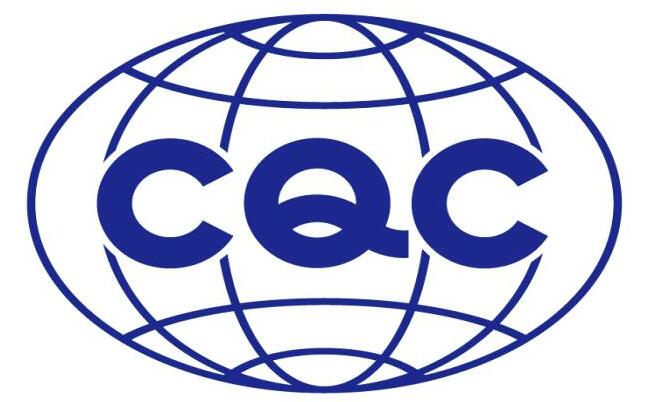
The name of CQC organization is China Quality Certification Center, which is now China Compulsory Certification, and CCC certification is undertaken by it. Obtaining the CQC product certification certificate and affixing the CQC product certification mark means that the product is certified as safe and in line with the national response quality standard by the national certification authority.
CE certification - EU (mandatory)
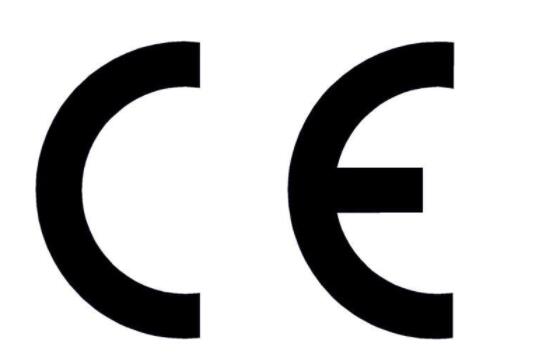
CE marked goods show that they meet the requirements of a series of European directives such as safety, health, environmental protection and consumer protection. CE stands for European unification. CE is limited to the basic safety requirements of products that do not endanger the safety of humans, animals and goods, rather than general quality requirements. The general directive requirements are standard tasks. If the product meets the relevant main requirements of relevant directives, it can be attached with CE mark, instead of judging whether the CE mark can be used according to the provisions of relevant standards on general quality. Therefore, the exact meaning is that CE mark is a safety qualified mark rather than a quality qualified mark.
FCC certification - USA (mandatory)
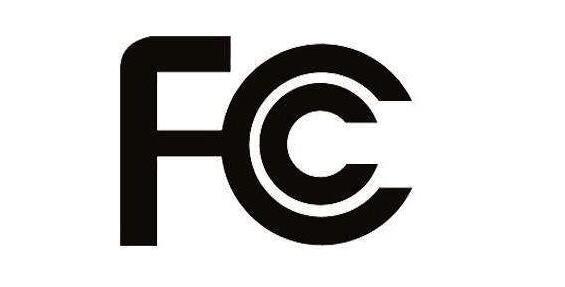
FCC: the Federal Communications Commission of the United States has formulated a series of product quality and performance standards related to electromagnetic compatibility of electronic equipment and personal safety of operators, and these standards have been widely used and recognized by technical supervision departments or similar institutions in many countries in the world. Therefore, the technical manuals of electronic products produced by various manufacturers often print the certificate of compliance with a certain standard issued by the FCC, or declare compliance with a certain standard of the FCC. FCC certification applied to computer devices is mainly about standards such as electromagnetic compatibility and radiation limitation of products.
UL Listed - USA (voluntary)
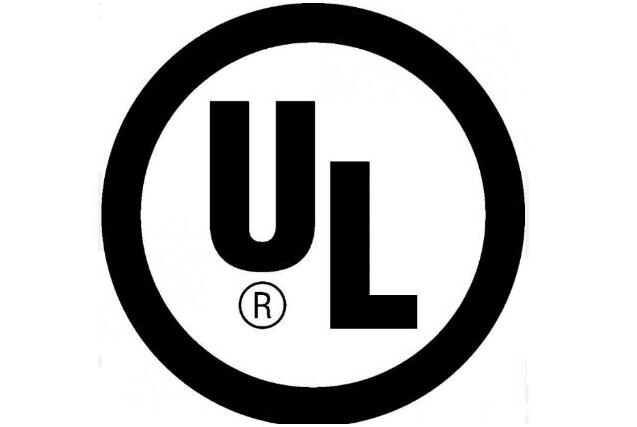
UL is underwriter Laboratories Inc UL was founded in 1894. UL safety testing institute is the most authoritative organization in the United States and a large non-governmental organization engaged in safety testing and identification all over the world. It is an independent, profit-making professional organization that does experiments for public safety. It uses scientific testing methods to study and determine whether various materials, devices, products, equipment and buildings are harmful to life and property and the degree of harm; Determine, prepare and issue corresponding standards and materials that help reduce and prevent the loss of life and property, and carry out fact investigation at the same time.
ETL certification - USA / Canada (voluntary)
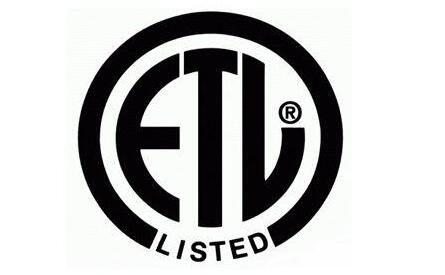
ETL certification is the certification required for the export of products to the United States / Canada. ETL mark indicates that the product has passed the approval test of NRTL in the United States or SCC in Canada. Etlsemko provides product safety testing and certification, EMC testing and product performance testing. Any electrical, mechanical or electromechanical product with ETL inspection mark indicates that it has been tested and complies with relevant industry standards. ETL certification is a kind of product safety certification. The certification content is basically the same as UL, but the cost is lower and the cycle is shorter than UL.
GS certification - Germany (voluntary)
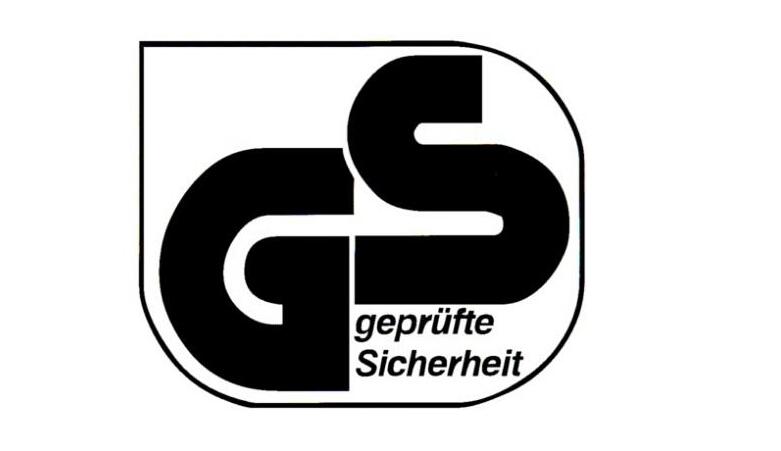
GS certification is a voluntary certification based on German product safety law (SGS) and tested in accordance with EU unified standard EN or German industrial standard DIN. It is a recognized German safety certification mark in the European market. The GS mark indicates that the use safety of the product has passed the test of an independent organization with credibility. Unlike CE, GS mark has no legal mandatory requirements, but because its safety awareness has gone deep into ordinary consumers, an electrical appliance with GS mark may be more competitive than ordinary products in the market.
CSA certification - Canada (mandatory)
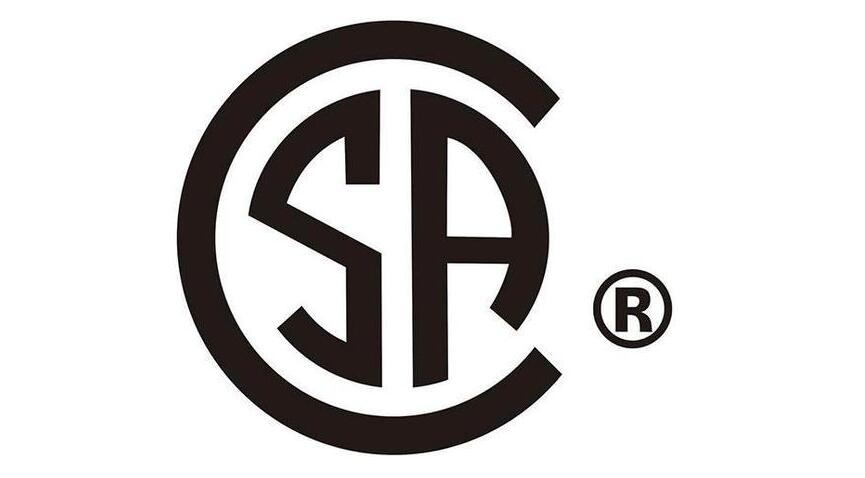
CSA is the abbreviation of Canadian Standards Association. Founded in 1919, electronic and electrical products sold in North America need to obtain safety certification. At present, CSA is the largest security certification body in Canada and one of the most famous security certification bodies in the world
PCT certification - Russia (mandatory)
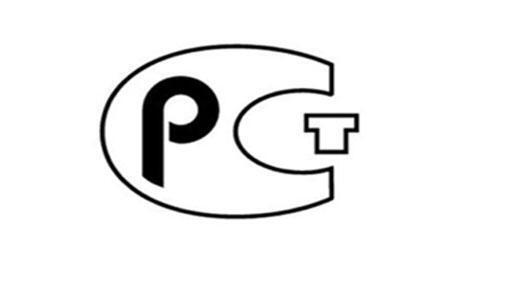
According to Russian law, the commodities in the "list of commodities subject to compulsory certification for entering the customs territory of the Russian Federation" can enter the Russian market only if they have obtained the national standard certificate (gost certificate) issued by the Russian National Committee of standards and metrology. For the vast majority of Chinese goods, as long as they obtain the Russian National PCT standard certification certificate, they will get the pass to enter Russia.
PSE certification - Japan (mandatory)
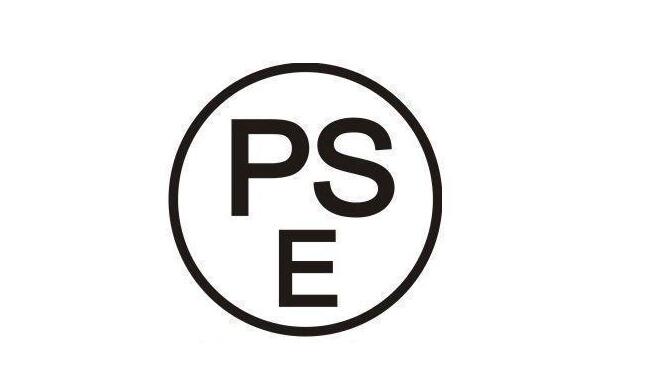
PSE certification is a mandatory safety certification in Japan to prove that motor and electronic products have passed the safety standard test of Japanese electrical and raw material safety law (denanlaw) or international IEC standards. Japan's dentorl law (electrical equipment and material control law) stipulates that 498 products must pass safety certification when entering the Japanese market. Among them, 165 kinds of class a products shall obtain the rhombic PSE mark, and 333 kinds of class B products shall obtain the circular PSE mark.
Ek-mark-korea (mandatory)
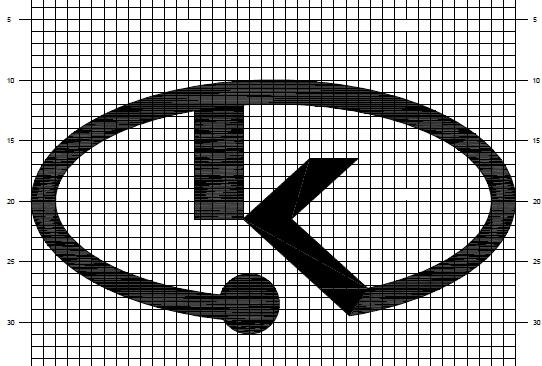
Ek-mark certification is a type certification system supervised by the Korean government, which has been replaced by the new ek-mark certification system. The new certification work is undertaken by several private enterprises, including KTL, Keti and esak. The newly revised electrical safety regulation act6019 was promulgated on September 7, 1999 The newly revised electrical safety regulations have improved the safety control of production and use of electrical appliances, and also made the safety standards more international, so that they can be recognized by many countries in the future The new electrical safety regulations were officially implemented on July 1, 2000.
CB certification - International (voluntary)
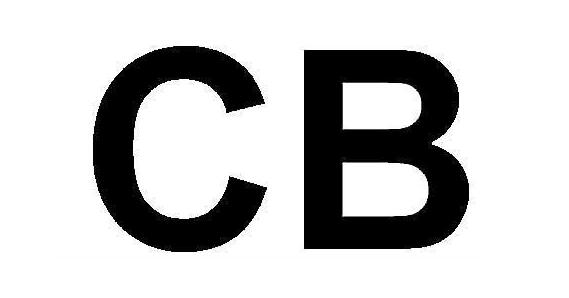
CB system is an international system operated by IECEE (International Electrotechnical Commission Organization for qualification testing and certification of electrotechnical products). The certification bodies of IECEE member states test the safety performance of electrotechnical products based on IEC standards, and the test results can be accepted and recognized among IECEE member states. Up to now, 53 member states and more than 60 national certification bodies of IECEE have participated in the CB system. It aims to provide the conformity assessment mode of "one test, one certificate" and reduce the technical barriers to trade among Member States. Members shall mutually recognize CB test reports and certificates as the basis for obtaining national certification.
ROHS certification - EU (mandatory)
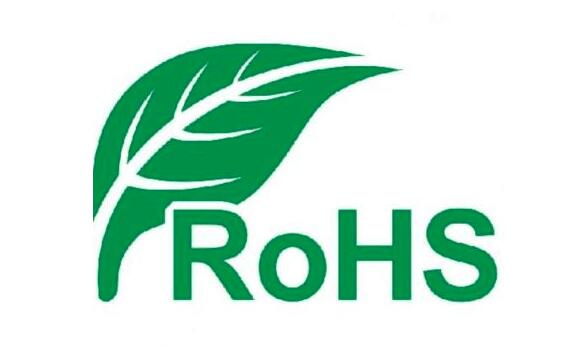
ROHS certification, also known as environmental protection certification, is in line with European and American standards. It is the English abbreviation of the restriction of the use of hazardous substances in electrical and electronic equipment. It stipulates that electrical and electronic products contain harmful heavy metals such as lead Pb, cadmium Cd, mercury Hg, hexavalent chromium Cr6 +, polybrominated diphenyl ether PBDE and polybrominated biphenyl PBB, Di (2-ethylhexyl) phthalate (DEHP), butyl phthalate (BBP), dibutyl phthalate (DBP) and diisobutyl phthalate (DiBP) (hereinafter referred to as phthalic 4P) were added to become ten controlled substances. The control limits of the ten controlled substances are 0.1% and 0.01%. The EU banned imports from July 1, 2006. EU member states need to translate this Directive into national regulations and implement it before December 31, 2016. From July 22, 2019, all electronic and electrical products exported to Europe (except hospital equipment and monitoring equipment) shall meet the restriction requirements.
The testing and certification that most electronic products need to meet is the above contents. The specific instructions involved in the product depend on what your product is. If you want to know some details, you can contact us on the official website of Chuangxin testing. Certification, accreditation, inspection and testing is a basic system to strengthen quality management and improve market efficiency under the condition of market economy. It is an important part of market supervision. Its essential attribute is "delivering trust and serving development", which has the prominent characteristics of marketization and internationalization. It is known as the "physical examination certificate" of quality management, the "letter of credit" of market economy and the "pass" of international trade.
Next: The introduction of the new regulations makes it clear that the inspection and testing institutions and their personnel should be responsible for the reports issued. It's clear this time!




 Weixin Service
Weixin Service

 DouYin
DouYin
 KuaiShou
KuaiShou










